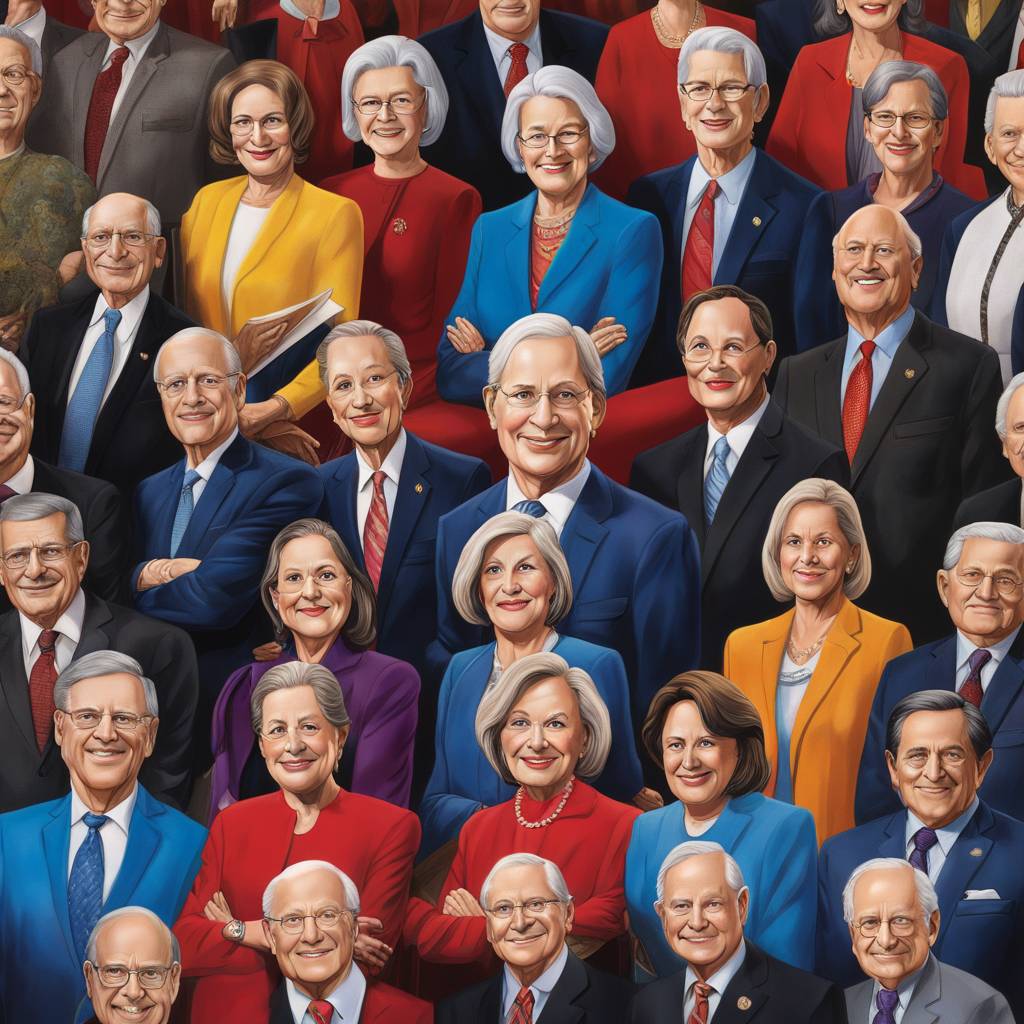Former Supreme Court Justice Stephen Breyer recently expressed support for age and term limits for Supreme Court justices during an interview on NBC’s “Meet the Press” with Kristen Welker. Breyer, who dissented on the Dobbs v. Jackson Women’s Health Organization decision that struck down Roe v. Wade and Casey v. Planned Parenthood, believes that imposing such limits would not be harmful. Currently, serving on the Supreme Court is a lifetime appointment, but Breyer feels that setting age and term limits would have helped him avoid difficult decisions about retirement.
The Dobbs ruling, which was delivered by the court’s conservative justices, allowed states to implement strict abortion bans, leading to concerns about access to reproductive health care and unsafe abortions. Three of the conservative justices on the court were appointed by former President Donald Trump, including Neil Gorsuch and Amy Coney Barrett. Barrett’s appointment to replace liberal Justice Ruth Bader Ginsburg shifted the balance of the court in favor of conservatives, ultimately leading to the overturning of Roe v. Wade.
Breyer emphasized that age and term limits could be beneficial for justices, as it would prevent them from thinking about their next job or political considerations while serving on the court. He expressed concerns about the court’s focus on originalist interpretations and its enforcement of the Constitution’s original meaning, which he believes is out of touch with modern society. In his upcoming book criticizing textualism, Breyer discusses the importance of considering the evolution of the political process and representation of all members of society.
The pressure on liberal Justice Sonia Sotomayor, the oldest Democratic-appointed sitting justice, has increased following revelations that she traveled with a medic. As the Biden administration and the Senate’s slim Democratic majority face an upcoming election, there are concerns about the possibility of Sotomayor making a mistake similar to Ginsburg’s decision not to retire while Obama was in office. Breyer’s comments on age and term limits come amid a shifting approach by the high court, particularly in cases like Dobbs that challenge constitutional rights.
The Supreme Court is set to hear a major abortion case on access to mifepristone, an abortion pill, on the same day that Breyer’s book will be released. The case will be another opportunity for the court to address issues related to reproductive rights, which have been a contentious and divisive topic in recent years. Breyer’s perspective on the court’s interpretation of the Constitution, originalism, and the need for age and term limits reflects ongoing debates about the role of the judiciary and its impact on American society.



